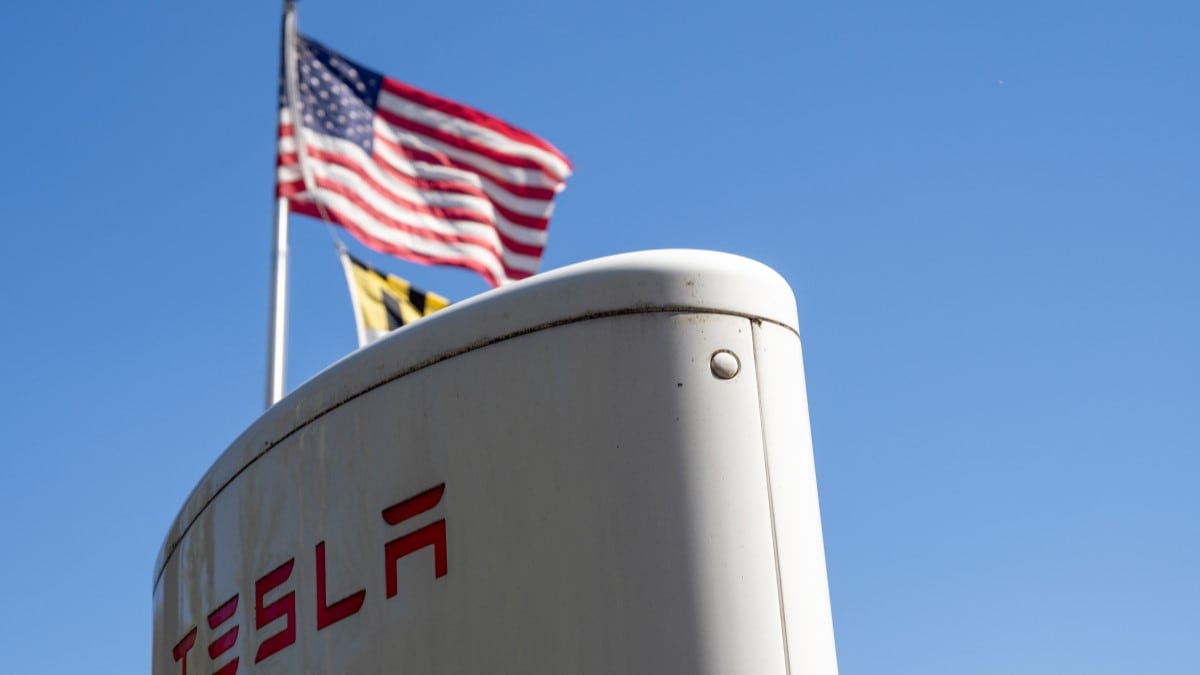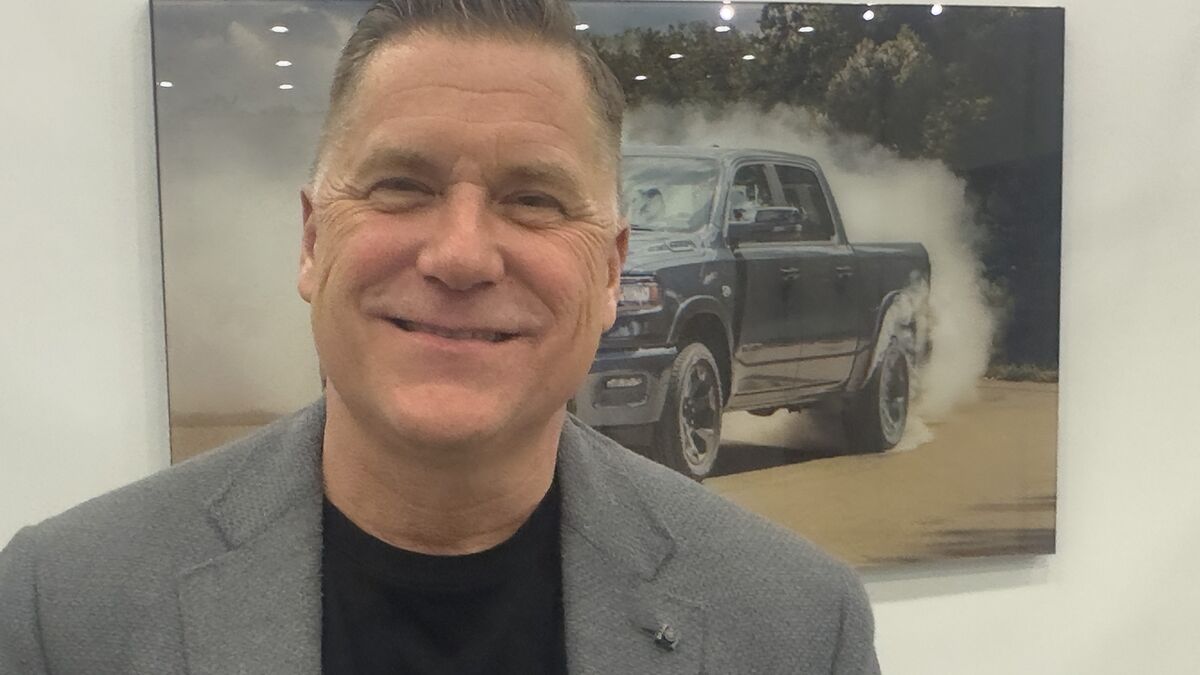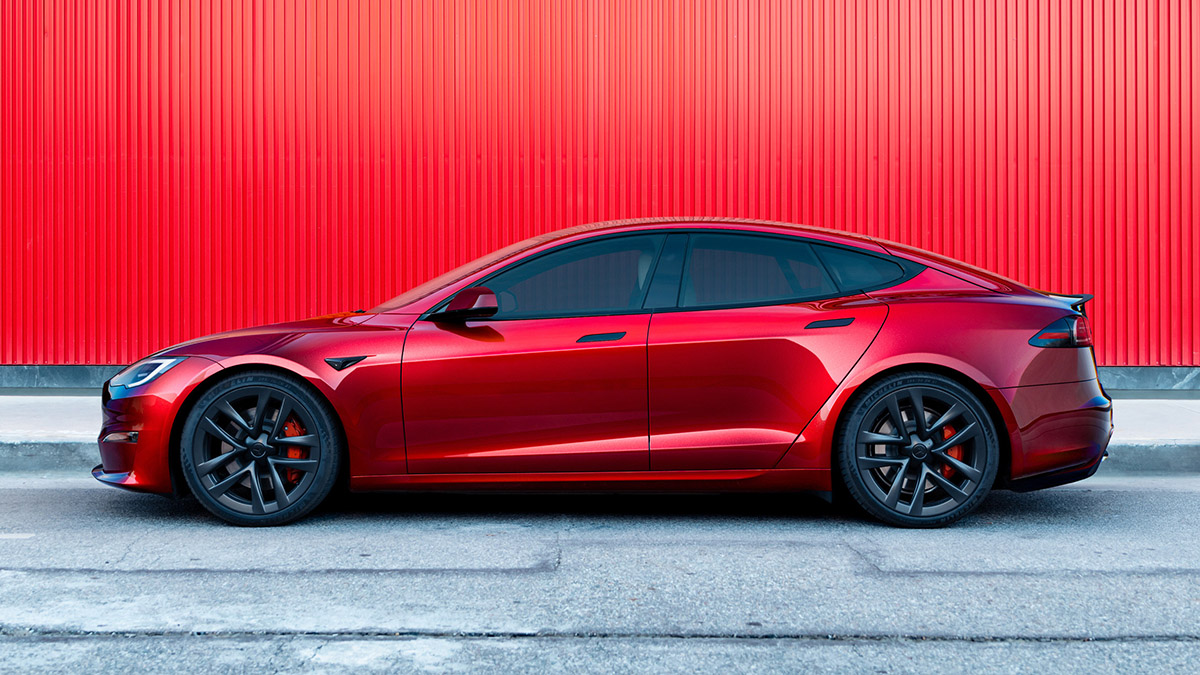Do auto tariffs benefit Tesla?
The short answer is yes. The longer answer is that the newly enacted automotive tariffs benefit any automaker building cars and sourcing parts inside the U.S.
How Tesla Could Benefit
The automotive tariff situation benefits Tesla because it assembles many of its vehicles (for sale in North America) in California and Texas and sources many parts from inside the U.S. The company’s Gigafactory in Nevada builds electric motors, batteries, and powertrains for Tesla vehicles. Gigafactory New York builds solar panels and electrical components for Superchargers, Tesla’s charging stations, although it’s unclear how this might impact the vehicles’ prices.
The Trump administration’s modification allowing tariff relief for cars built in the U.S. but that source parts from United States-Mexico-Canada Agreement (USMCA) partners are also at a slight advantage, as the agreement eliminates the stacking effect of some tariffs on parts and materials that go into cars built in the U.S.
How Tariffs Could Hurt Tesla
Then again, the tariffs could hurt Tesla. The company has recently paused its plans to build a low-priced electric car, the Model 2. It’s unclear if this decision connects to the tariffs, but it makes sense if it does. Automakers, including Tesla, build cars outside the U.S. to save money on shipping, materials, labor, and facilities. The cancellation of the Model 2 could be a harbinger of things to come. Barring another change in the tariff structure, low-priced cars and trucks won’t be financially viable with a 25% tariff in place.
Tesla won’t be the only affected automaker.
Hyundai, Nissan Not Raising Prices
Hyundai Motor Group recently opened its Metaplant near Savannah, Georgia. The 3,000-acre site boasts 16 million square feet of factory floor space and is expected to create more than 8,000 new jobs. The Metaplant will manufacture up to 500,000 vehicles annually, including electric cars under the Genesis, Hyundai, and Kia brands. The new Ioniq 9, a 3-row electric SUV, is one of the first Hyundai vehicles to be built at the new factory. A battery manufacturing facility is on site as well. With this U.S. manufacturing capability, Hyundai Motor Group could benefit from the latest automotive tariffs. For now, Hyundai says it is not raising new car prices.
Nissan will also likely benefit as it builds the current Leaf in Canton, Mississippi, and Smyrna, Tennessee. The company builds the Altima, Leaf, Rogue, Pathfinder, Murano, and Frontier in the U.S. Nissan also manufactures engines at its Decherd, Tennessee, plant, which would reduce the tariff burden for models that use an engine built there.
No Single Answer
On the other hand, Nissan builds cars like the Z, GT-R, and the upcoming new Leaf in Japan. Those vehicles will be subject to tariffs. I’m guessing, but automakers like Nissan that build some cars in the U.S. and some outside the country may not have the catastrophic price increases many are predicting. Nissan recently lowered prices on the Rogue and Pathfinder, assembled primarily in the U.S.
Rather than simply raising the price on a few imported vehicles, automakers will decide how much of the tariff to pass on to the consumer (if any) then spread the remaining tariff burden for many models regardless of where they’re built.
Many Automakers Already Build in the U.S.
Rivian will also benefit as it builds vehicles in Normal, Illinois. However, some parts of a Rivian R1T and R1S come from Korea. This split parts origin is common, as most cars built or “assembled” in the U.S. have parts that come from outside the country — parts could originate from Mexico, Canada, Korea, Germany, Japan, or elsewhere. The recent tariff modifications exempting certain cars built in the U.S. but with parts sourced from Canada or Mexico could also help Rivian. Vehicles that arrive wholly built from another country are at the most significant disadvantage in the tariff landscape.
Toyota’s focus on hybrids is paying off. The company sold more than 2 million vehicles in North America last year and says it will not change new car prices (for now). Toyota builds the Camry, Corolla, Corolla Cross, Highlander, Grand Highlander, RAV4, Sienna, Sequoia, and Tundra in the U.S.
Honda builds the Accord, Civic, CR-V, HR-V, Odyssey, Pilot, Passport, Ridgeline, and several Acura models in the U.S., mostly in Alabama, Indiana, and Ohio. Like many automakers, Honda also builds some of its components in the U.S., like transmissions in Tallapoosa, Georgia.
BMW builds cars in the U.S., Mexico, Germany, and other countries. The company has 33 production facilities worldwide. According to Future Media, it will cover the increased cost of cars from Mexico.
Chrysler’s parent company, Stellantis, has decided to pause production of the Pacifica minivan. Chrysler builds the Pacifica in a plant in Windsor, Ontario, across the U.S.-Canada border.
Ford is offering employee pricing on many of its vehicles built in the U.S.
The new automotive tariffs impact each automaker differently. Shoppers can expect varied pricing results from brand to brand. While smaller companies like Tesla or Rivian may benefit, a large company can also use the moment to win new customers by leveraging their scale and multi-model, multi-factory portfolio to keep prices at or near the current level.








